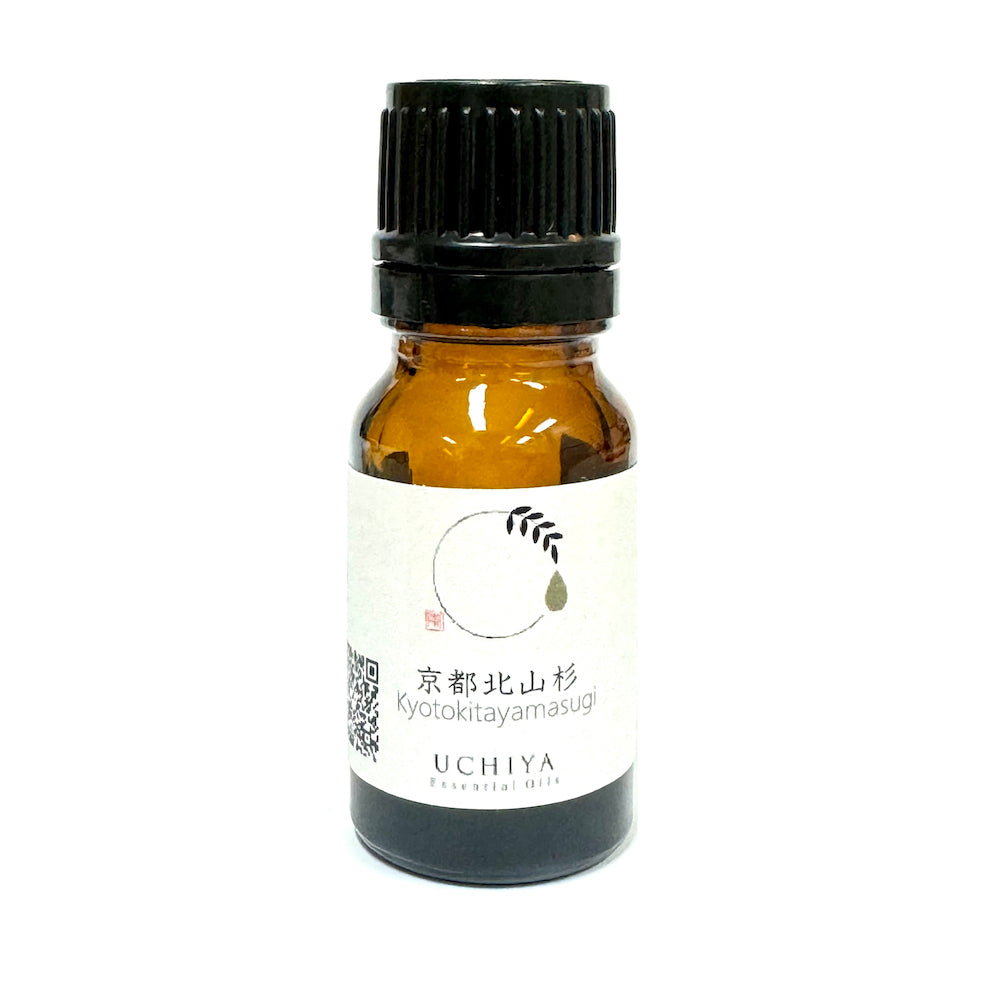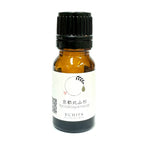
JAPANESE KYOTO KITAYAMASUGI ESSENTIAL OIL
£45.00 GBP
Unit price perEstimated delivery between February 23 and February 25.
Sourced from the famous cedar mountains near Kyoto known as Kitayama, the straight grained, fragrant Kyoto Kitayama Sugi has long been prized in Japanese culture and used for building floors and pillars in traditional architecture. We are happy to now offer the Kitayamasugi Essential Oil.
The fragrance is similar to other cedars, yet with brighter floral and sweet notes.
As the name suggests, our oil is produced from wood harvested right from the scenic Kyoto Kitayama Mountains, extracted from the leaves with a method of steam distillation.
Size: φ25mm H65mm; 10ml
Scientific Name: Cryptomeria japonica var radicans
Family: Cedar Family
Place of Origin: Japan (Kyoto)
Extraction Material: leaves and branches
Extraction Type: Steam Distillation
Care Instructions:
Do not apply directly to skin. Do not drink. When using on skin, dilute to 1%with vegetable oil such as jojoba oil or argan oil. (One drop from a bottle of our essential oil = approx. 0.05 ml)
Some citrus essential oils (e.g., Yuzu), when diluted and applied to the skin, may cause skin damage if exposed to sunlight while on the skin. Avoid sunlight for at least 12 hours after using these essential oils.
Pregnant, nursing women, and children under 3 years old should use it only as an aromatic bath. For children over 3 years old and the elderly, use at a concentration less than half of that for adults.
Essential oils are flammable. Do not use near fire.
Do not store in high temperatures. Essential oils will oxidize if exposed to air or placed in high temperatures. Store in a dark and cool place. Citrus essential oils should be used within six months after opening, and other essential oils should be used within one year after opening.
Do not apply our essential oils on petroleum products such as plastic. When using the product by dripping, please use glass, unglazed pottery, ceramics, wooden objects, cloth, paper, etc.

